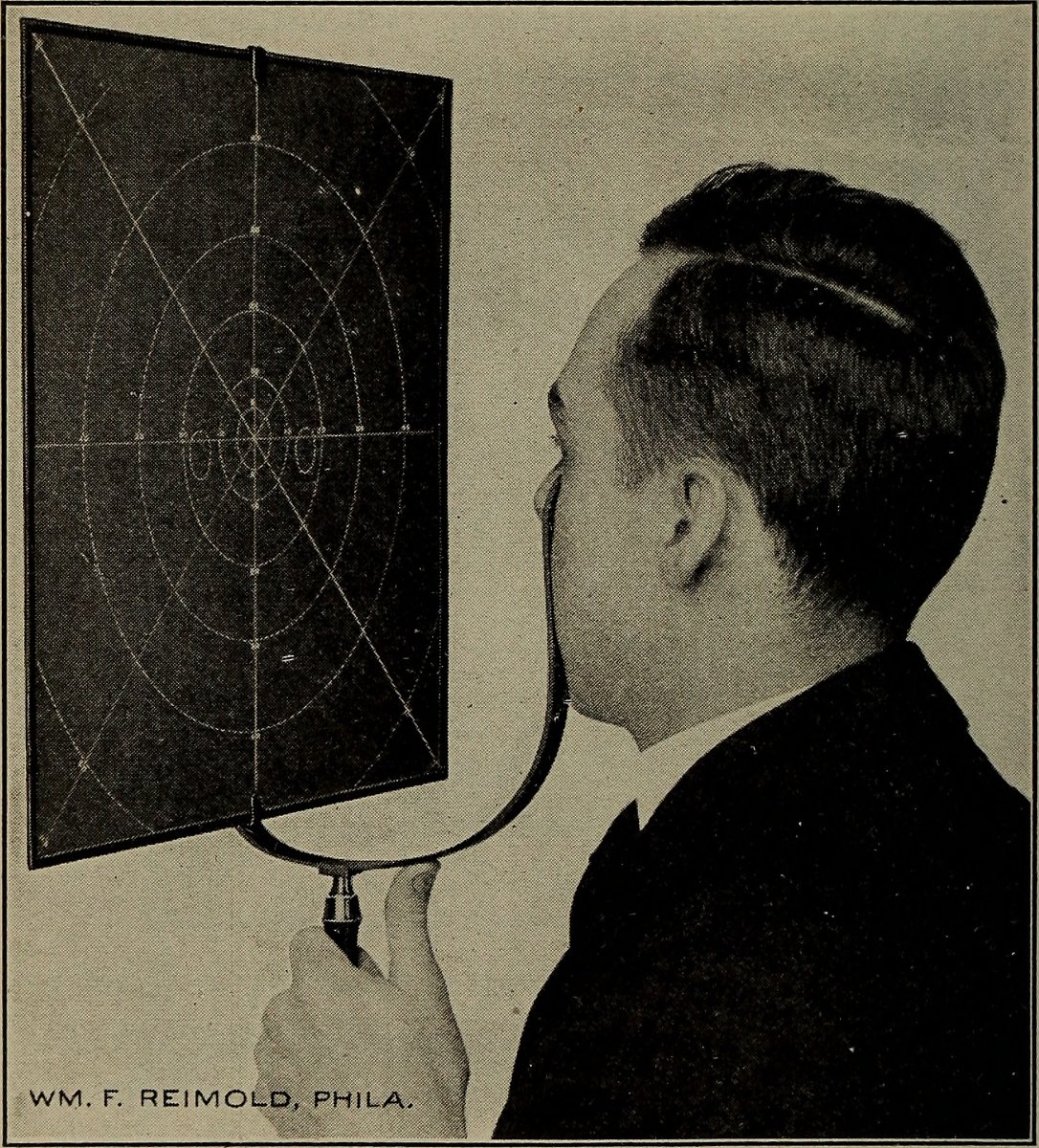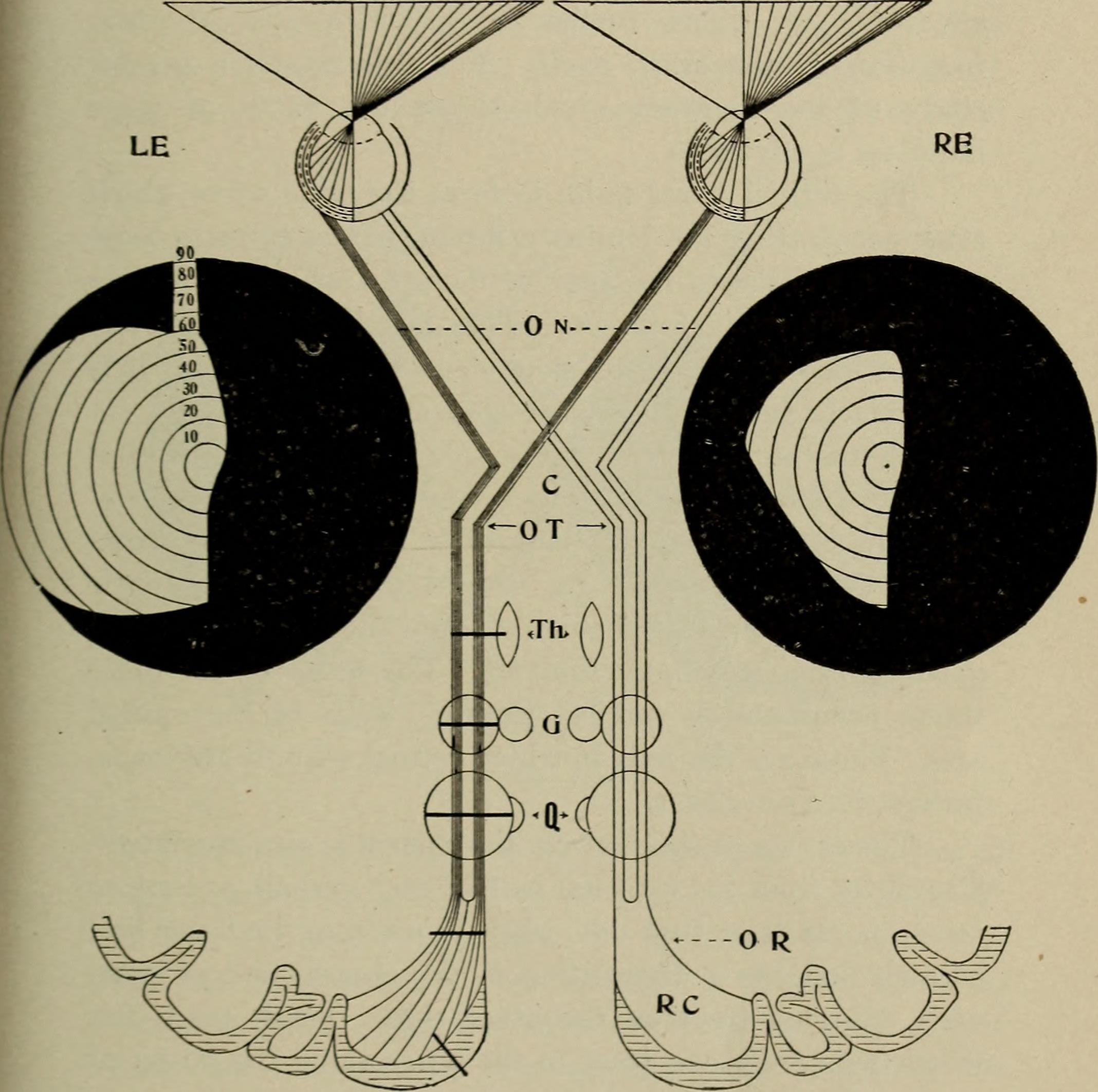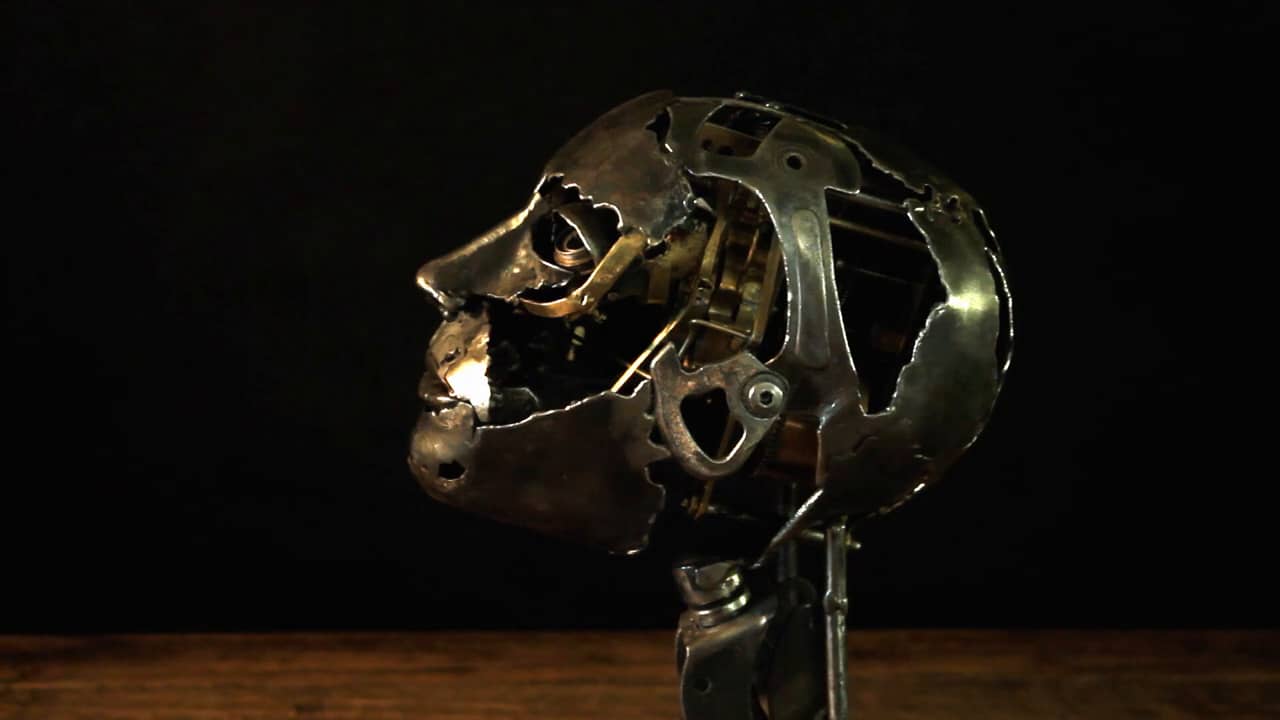“Everyone takes the limits of their own vision for the limits of the world.” —Arthur Schopenhauer

I recently attended a conference on digital acceleration and change leadership.
The most shocking and provocative presentation stated that we will experience as much change in the next 20 years as we have experienced in the last 2,000 years.
Change is not a choice. It’s our new reality.

I’ve been wondering lately about the implications of humans evolving at a linear rate while technology is evolving at exponential rates. In this post, I will summarize how humans have evolved over the past 100 years and then touch on what we can expect from technological change in the next 20 years. The purpose is to explore the implications of the increasing gap between human and technological evolution. I will start with a quick review of some research on how we are evolving physically, emotionally, intellectually and spiritually.

For a sense of perspective, it’s helpful to remember that our evolution began as single celled organisms four billion years ago.
Those cells had evolved from atoms that had somehow combined to form molecules that eventually formed complicated, information-rich, three-dimensional structures that made cells possible. Then those cells somehow combined in myriad ways to form increasingly complex multi-cellular organisms—an evolutionary process that culminated in the rise of Homo sapiens about 200,000 years ago—an amazing story of steady, linear evolution. Slow but steady. Linear.
Fast forward to current times and it turns out that, physically, we are living longer, getting taller, but also becoming fatter.
According to Stephen Stearns, a professor of ecology and evolutionary biology, these changes are simply developmental responses to changing conditions such as nutrition, food distribution, health care, and hygiene practices. Still, the results are fairly shocking.
In the last 100 years, our longevity has increased about 40 years (World Health Organization, 2012), our height has increased by 4 inches, and a much higher proportion of the population is obese—29% to be exact. Scientists are not entirely clear why these changes have taken place, but medical and information technologies have definitely played a role.
One could speculate that bionic implants, nanotechnology, and new drugs could extend our lives beyond currently imaginable limits.
Some scientists even posit that we could create technology for immortality within the next 30 years.
I’m not so sure that’s a great idea!!
One concrete example of the speed at which we are physically evolving is how fast a person can run a mile.
In 1954, Roger Bannister was the first to break the 4-minute barrier by covering the distance in 3:59.4. Since that time, athletes have continued to chip away at the record which now stands at 3:43.1. So, over the past 65 years, world-class athletes have managed to shave 16 seconds off the time a super-human can run a mile. That’s clearly progress, but it’s not as intellectually breathtaking as the race must physically be.

For me, the functional test of how fast humans are evolving physically is the degree to which we have gained in flexibility, endurance, efficiency and strength. The data on obesity would suggest that, other than a small percentage of highly trained athletes, we may be experiencing a regression on the physical dimension.
Emotionally, there are mixed reviews on how we are evolving.
In Darwin’s classic book, Emotions in Man and Animals (1872), he extends his theory of physical evolution into the domain of mind and behavior by exploring how emotions might also have evolved.
Darwin observed that certain emotions are expressed similarly across species independent of cultural influences.

According to Darwin, organisms must have the capability to detect and respond to significant stimuli in order to survive. Thus fear, for example, takes on importance as an evolutionary mechanism because it stimulates the fight, freeze, or flee response.
The question is, has that emotion—and others—become more finely sensitized, managed, and developed over time?
While there is a growing body of evidence that suggests people can control their expressions of hard-wired, automatic, defensive reactions, there is very little research to indicate that humans have significantly evolved emotionally over the past 100 years.
In fact, young people in America have reported feeling increasingly anxious and depressed. Dr. Jean Twenge, a social psychologist at San Diego State University published several articles on this trajectory and concludes that modern life is not particularly good for mental health.
For me, the functional test of how fast humans are evolving emotionally is the degree to which we have improved our intrapersonal and interpersonal skills.
Are we becoming more self-aware? Are we connecting with other people in deeper and more meaningful ways?
Are we able to free ourselves enough from our self-absorption and smartphones to demonstrate interest and understanding in another person’s life? Are we able to take the initiative to make things happen in our lives? My 73 years of experience doesn’t dazzle me with dramatic progress.
Intellectually, the news is not much better.
Professor Gerald Crabtree, a leading geneticist who heads the genetics laboratory at Stanford University, suggests that human intelligence peaked several thousand years ago and has been on a slow decline ever since.

That conclusion seems a little bleak to me, but who am I to argue with a Stanford geneticist? Dr. Crabtree suggests that the technological and medical benefits of the scientific revolution have masked an underlying decline in brain power.
He argues that life as a hunter-gatherer was more intellectually demanding than we imagine. If you couldn’t figure out a solution to food and shelter, you died.
Thus, natural selection produced more highly intelligent humans.
I can’t go as far as Professor Crabtree goes because I believe that life has become increasingly complex and our problem-solving ability has had to evolve to take on new challenges. It seems to me that some humans have developed more refined capabilities to think multi-dimensionally, analytically, and logically.
Unfortunately, those skills don’t always seem so obvious in the broader population as we sit on our couches surfing internet waves instead of studying the waves of theoretical physics.
For me, the functional test of how fast humans are evolving intellectually might be the degree to which our thinking has shifted on the following scale:
- 5.0: Multi-dimensional
- 4.0: Two dimensional and evidence based
- 3.0: Linear, logical, and multi-sourced
- 2.0: Conceptual and single-sourced
- 1.0: Random and unsubstantiated
In this “post-truth” age, I am not observing a large percentage of the population searching diligently for the truth or representing their points of view in meaningful, multi-dimensional ways.
Spiritually, it’s much more difficult to measure progress.
Spiritual evolution can be considered as the philosophical, theological, or esoteric idea of ascending into higher states of consciousness. Theories of spiritual evolution are very diverse. They can be cosmological, personal, or holistic—the notion that higher realities emerge from and are not reducible to the lower.
For me, the functional test of how humans are evolving spiritually might be the degree to which our collective consciousness has shifted upward on the following scale:
- 5:0: Harmonious inclusion
- 4.0: Enlightened Collaboration
- 3.0: Empathic Compassion
- 2.0: Individual Obsession
- 1.0: Tribal passion
In these times of religious and nationalistic fervor, I am seeing a large percentage of the population operating primarily at levels 1 and 2. It seems to be that the frequency distribution needs to shift to the higher levels if we are going to claim any progress as spiritually evolved beings.
On the positive side, we are seeing many indications of improvements in the Collective Consciousness.
The Black Lives Matter movement, the Me Too movement, and the LGBTQ movement are all signs of decreasing violence, racism, and sexism. As a society, we are less likely to tolerate injustices. Meanwhile, more and more women are running for public office and demanding equality in pay and decision making. I wish these changes were more exponential, but they are clearly helping us to move In the right direction.
Returning to the purposes of this post, my main points are that 1) humans are evolving much more slowly than we may have imagined (although breakthroughs are occurring on all four dimensions), and that 2) human evolution is accelerating at a snail’s pace compared to the speed of medical and information technology changes.
In his book, Singularity, Ray Kurzweil, one of the world’s leading futurists, suggests that Artificial Intelligence is evolving so fast that it will soon (30-50 years) reach a state at which it will not only surpass humans’ ability to solve complex problems, but it will also achieve a degree of “self-awareness” that will enable machines to function like humans—only with greater “brain-power.” That point will mark what Kurzweil describes as the state of Singularity.
The question then becomes, “Who is in charge of what?” or more aptly, “What is in charge of whom?”
This prediction, as mind-boggling as it is, needs to be taken seriously. No less a credible source on technology change than Bill Gates says:
“Kurzweil is the best person I know at predicting the future of artificial intelligence. He envisions a future in which information technologies have advanced so far and fast that they enable humanity to transcend its biological limitations—transforming our lives in ways we can’t yet imagine.”
When the speed of technology is evolving this fast it’s hard to know where the limits are. Change is fast and volatile. Exponential.
This prediction brings us back to the opening quote in this post by Schopenhauer: “Everyone takes the limits of their own vision for the limits of the world.” If the limit of our vision is level 2 on my scales, then we are not even going to consider the possibilities of levels 3, 4, or 5. Frankly, I would be happy if more of the world were functioning at level 3.

The truth is that the human race is evolving (or not) at a speed that pales in comparison to the speed of technological change.
The question is not whether AI will have a more and more powerful impact on our lives. The question is,
Will humans be able to retain their “humanity” when AI takes more and more control?
Perhaps we might want to think about speeding up our own pace of evolution. The question then is “how”?
I highly recommend a new book I recently helped edit that provides very compelling insights on how to move towards genuine self-actualization, Calm Clarity: How to Use Science to Rewire Your Brain for Greater Wisdom, Fulfillment and Joy.
In particular, in the last chapter, Due Quach discusses how we can free ourselves from the “collective soup” (the fog of darkness in which we are trapped), open ourselves to higher order transmissions from higher sources, and experience the “Oneness” and inspiration of a collective consciousness.
Ms. Quach suggests that, in this state of enlightenment, our spirits are elevated, expansive, and energized. May it be so. The book officially comes out on May 15.
Also published on Medium.





May it be so indeed! Quite erudite my man! Thank you!